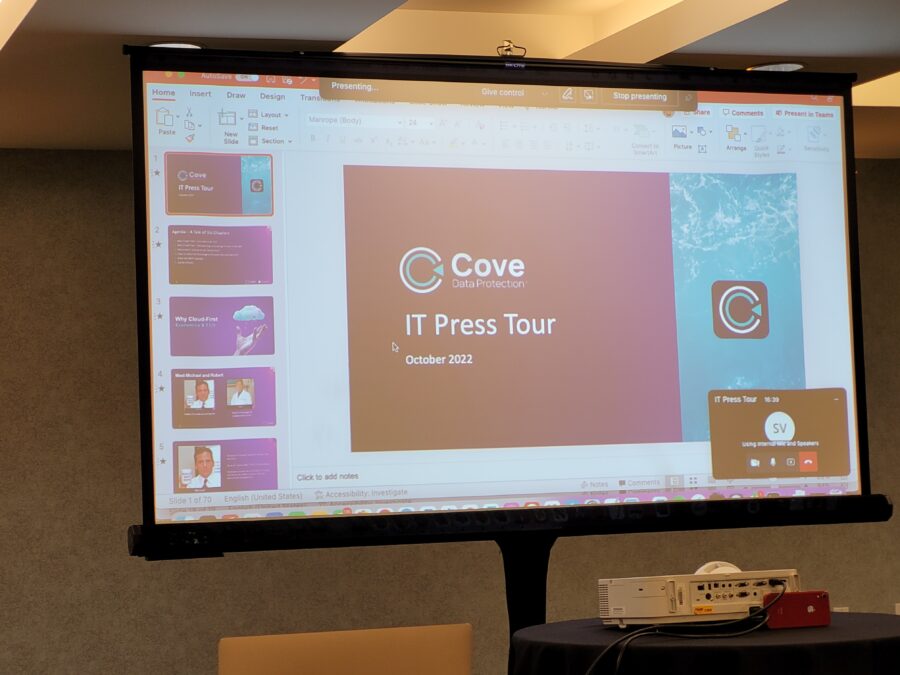According to recent data the UK economy will receive an 18% boost from mid-market companies over the next few years, from £285 billion in 2015 to £335 billion in 2020, creating thousands of new jobs.
Overall, the mid-market sector is expected to employ 737,000 workers by the end of the decade. Expectedly, mid-market IT leaders believe that effective deployment of technology will be essential if the sector is to continue growing at its current impressive pace.
A recent piece of research commissioned by cloud services provider Node4, looking into the attitudes of this sector; offers the distinct impression of a sector wherein IT leaders really understand the importance of IT and are prepared to fund it.
>See also: The shifting role of the IT professional In 2017
IT leaders in the mid-market sector are particularly confident in their ability to deliver next-generation IT systems, and have the budget to spend on getting it right. In fact, 77% of mid-market businesses expect their IT budgets to increase this year, bucking the general trend of belt tightening across the various markets.
On the other hand, in a more general sense, uncertainty and political turmoil caused by events such as Brexit and the general election are casting a shadow over business confidence.
Just 18% of mid-sized businesses claimed to be optimistic about their organisation’s general fortunes in 2017. Almost a third (31%) emphasised the difficulties presented by the uncertainties around the Brexit deal negotiations, and an overwhelming 81% agree that weathering Brexit is a high or medium priority.
Another issue affecting the outlook of mid-market IT leaders is the current lack of clarity around data regulation. Just 10% of mid-market IT leaders think EU GDPR legislation, which looks likely to go ahead in the UK despite Brexit will be good for their business.
Overall IT leaders are vocal in their opinion that the government, the financial services industry, and IT partners should be doing more to support the mid-market, an increasingly fundamental sector of the UK economy.
>See also: Women in IT Awards 2017: winners revealed
The same report reveals that 36% of mid-market businesses think their needs are overlooked by government policy makers, and 34% struggle to attract investment. If the mid-market is to continue to drive the British economy; then more needs to be done to support these firms that not only develop cutting edge solutions and services but also add value to the overall economy and employ some of the most skilled STEM professionals in the country.
This is not to say that mid-market organisations don’t face challenges that go beyond economic and political concerns. In fact, these smaller businesses face a set of hurdles that are unique to the sector but IT leaders are determined and working towards overcoming them.
Node4’s survey revealed that business growth, security and reducing operational costs are the top three IT priorities for the UK’s mid-market sector in 2017. The research also highlights that hosted and cloud-based services will take a significant share of mid-market IT budgets this year.
Infrastructure-as-a-service (IaaS) and managed-security-as-a-service (MSaaS) will be the top 2 cloud spending priorities for the year. Businesses will be dedicating 20% and 16% of IT budgets to these 2 solutions respectively. Managed services and disaster-recovery-as-a-service (DRaaS) are next in line, with 12% and 11% of budget spend going to fund them.
The survey findings revealed a wider industry trend that is reflected by enterprises and SMBs alike. It is not only the mid-market that’s looking to cloud companies and IT integrators as the next strategic move.
>See also: Worldwide IT spending forecast to grow in 2017 – Gartner
Over the years, business IT systems have been spread across increasingly heterogeneous architectures, on different clouds, media and in different locations. This has made the task of managing and securing an enterprise’s disparate IT estate ever-more challenging.
So, mid-sized businesses are looking to partner with those who can provide service-based solutions that can take the pain out of IT, and infrastructure, security and disaster recovery, which clearly represent ‘pain points’ for the mid-market.
Fast-growing companies in particular exhibit technical problems, and are likely to be amongst the first in line to espouse the benefits of cloud solutions. I would confidently speculate that there is a particular need for deployment flexibility in mid-market enterprises: Any company that suddenly needs to switch on an additional 500 seats, due to an acquisition or expansion, for example, is likely to appreciate the clear benefits the cloud can offer in terms of instantly scaling their systems while minimising CAPEX.
IT decision makers in the mid-market sector seem to be self-confident in their ability to grow, despite the uncertainty and issues identified by the research, and rightly so.
By its own estimation, the sector is ahead of both its bigger and smaller competitors in terms of maximising investment in cloud infrastructures, and embracing new collaboration technologies such as unified communications (UC). Perhaps even more encouraging is the mid-market’s willingness to embrace next-generation technologies and their commitment to harness new technologies to drive business innovation.
>See also: Software is redefining IT infrastructure
Overall, this survey lends credence to what many have long said; that the mid-market is particularly ready and willing to spend money on IT and cloud investments to improve the performance of their businesses.
As a result, there are significant opportunities in this part of the market for vendors to assist in the migration of critical infrastructure and functions to a utility-based model. It all comes down to how suitable is a solution which those vendors can offer them.
Sourced by Mark Phelps, collaboration product manager, Node4
The UK’s largest conference for tech leadership, Tech Leaders Summit, returns on 14 September with 40+ top execs signed up to speak about the challenges and opportunities surrounding the most disruptive innovations facing the enterprise today. Secure your place at this prestigious summit by registering here







